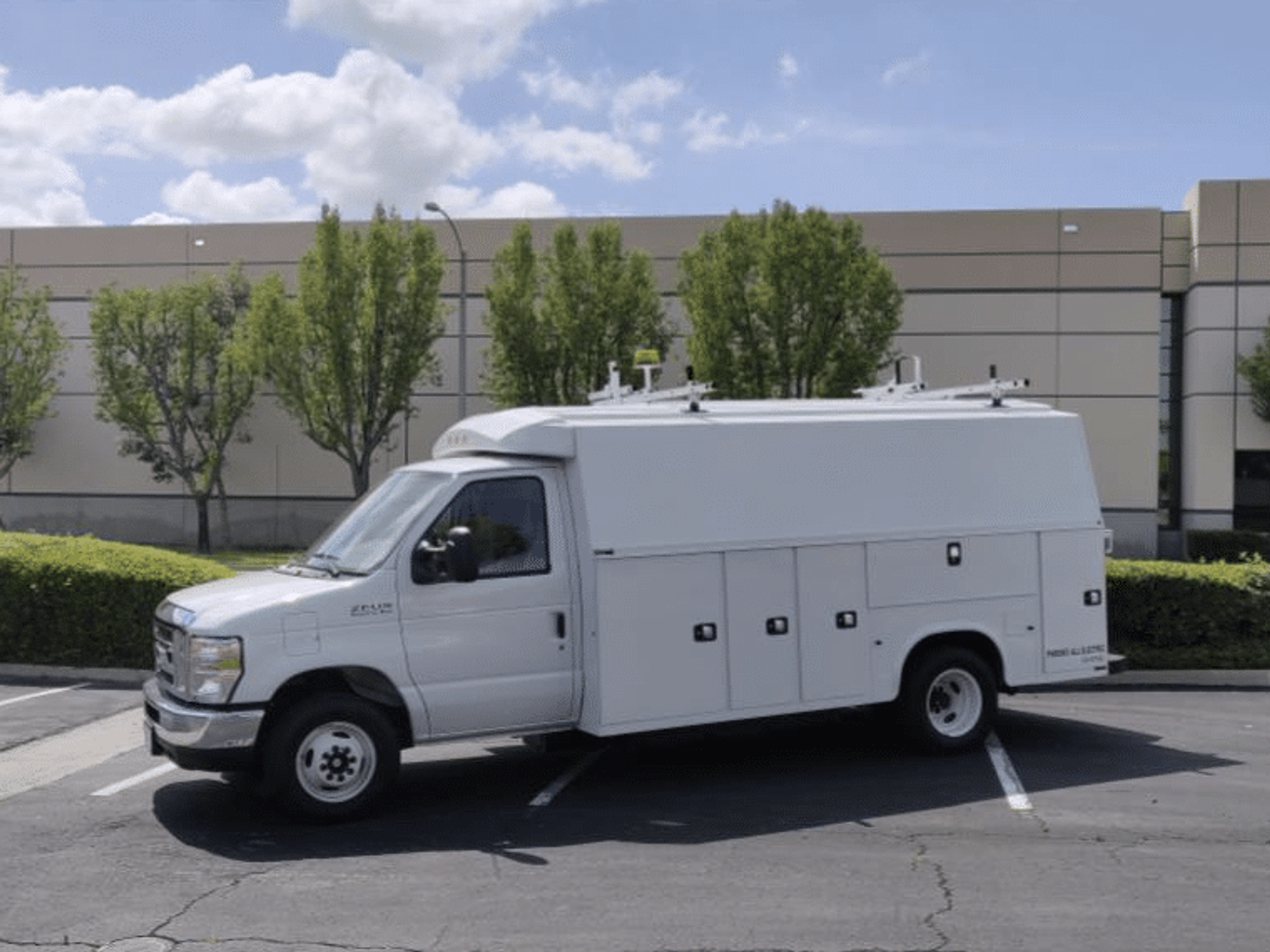Why Electric Vehicle Maker Phoenix Motors Is Going Public
Samson Amore is a reporter for dot.LA. He holds a degree in journalism from Emerson College. Send tips or pitches to samsonamore@dot.la and find him on Twitter @Samsonamore.

SPI Energy filed regulatory papers this week to spin out its electric vehicle unit Anaheim-based Phoenix Motors with hopes of raising $150 million in the public market.
Phoenix Motors is the latest in a progression of electric vehicle makers to go out for an IPO in a bid to offset growing losses and gain access to cash to build electric cars.
Phoenix Motors makes light and medium-range electric vehicles that it sells to both commercial customers and regular consumers, including the Zeus 500 electric truck, an electric shuttle bus and an electric school bus.
But the company needs more cash as it seeks to increase production of cars to compete with the likes of Ford and Tesla and make longer-haul vehicles including an autonomous electric bus, according to its prospectus filings.
Production can be costly – it took Tesla about 18 years to become profitable – and Phoenix has no experience running high-volume manufacturing EV plants. There are also other speed bumps, from supply chain backlogs to its cars’ short range. Its use of lithium-ion batteries could turn out to be a dangerous bet, because the batteries use highly flammable materials that can catch fire — and in the case of Tesla’s Model 3 car, they have blown up before.
Proceeds from this IPO will be a much-needed windfall for Phoenix Motors, which logged $6.4 million in losses in the nine months ending in September. The company has yet to turn a profit and said in its prospectus that it might not achieve positive cash flow in the next year, or maybe at all. Phoneix has yet disclose the target price range per share.
But, SPI will retain half the voting shares once the Phoenix Motors stock goes public. SPI also holds a controlling interest in electric truck maker Edison Future, which sells solar-powered and electric trucks and delivery vans.
Phoenix’s EVs are pretty pricey, ranging from $165,000 to $220,000 each, roughly 120% more expensive than the cost of a lower-end combustion engine vehicle. But, Phoenix’s EVs have a significantly shorter range than its competitors — a maximum of 160 miles on a full charge, about on par with a standard commuter EV.
That could prove to be a roadblock for Phoenix which is targeting the medium-duty EV market that normally requires a range of anywhere from 240 to 350 miles. Plus, Phoenix Motors’ vehicles can only be charged on its proprietary equipment, which also limits their capacity and could restrict sales.
Still, Phoenix is already generating revenues mostly from the sale and lease of existing EVs, sales of charging equipment and maintenance services. But, the company has a “limited number” of customers, including the U.S. Department of Defense and Pasadena-based NASA JPL and it doesn’t have any long-term contracts that could guarantee future sales.
Phoenix Motors is entering a crowded public marketplace, and it anticipates stiff competition from competitors in both the direct-to-consumer and commercial EV markets. Several other Southern California electric automakers have also recently gone public, including Irvine-based Rivian which was valued at $86 billion at the time of its Nov. 10 IPO despite not having any revenue and unable to deliver a car.
But their biggest competitors that have more brand recognition include Mercedes Benz and its owner Diamler, Tesla, Rivian, Ford, General Motors, BYD and Nissan-Renault-Mitsubishi-Toyota, which are all jockeying for dominance in EV sales.
Another complicating factor is that Phoenix uses the existing Ford E-450 chassis, if Ford decided to begin selling its own electric version of the car’s foundation it would directly compete with Phoenix.
Phoenix already has a backlog of orders for cars using new parts which could lead to delays in sending out orders.
One silver lining from the company are its chargers. It sees potential in California’s promise to foot the bill for 100% of the cost of setting up charging infrastructure across the state. Other states including Ohio, Texas, New York, Chicago, North Carolina and Tennessee have similar programs which could aid Phoenix in its nationwide expansion of a charging network for its cars.
- Electric Vehicles' Rise Could End SoCal Car Dealerships - dot.LA ›
- Electric Vehicles' Charging Challenges - dot.LA ›
- LA City Officials Push For Electric Vehicle Master Plan - dot.LA ›
- LA Auto Show Unveils 7 Electric Vehicles You've Never Seen - dot.LA ›
- EV Sales Will Soar in 2022 as New Models Flood the Market - dot.LA ›
- Phoenix Motorcars Raise Falls Short of Planned IPO - dot.LA ›
- The Weirdest and Wildest Gadgets from CES 2023 - dot.LA ›
Samson Amore is a reporter for dot.LA. He holds a degree in journalism from Emerson College. Send tips or pitches to samsonamore@dot.la and find him on Twitter @Samsonamore.



 Image Source: Skyryse
Image Source: Skyryse
 Image Source: Northwood Space
Image Source: Northwood Space